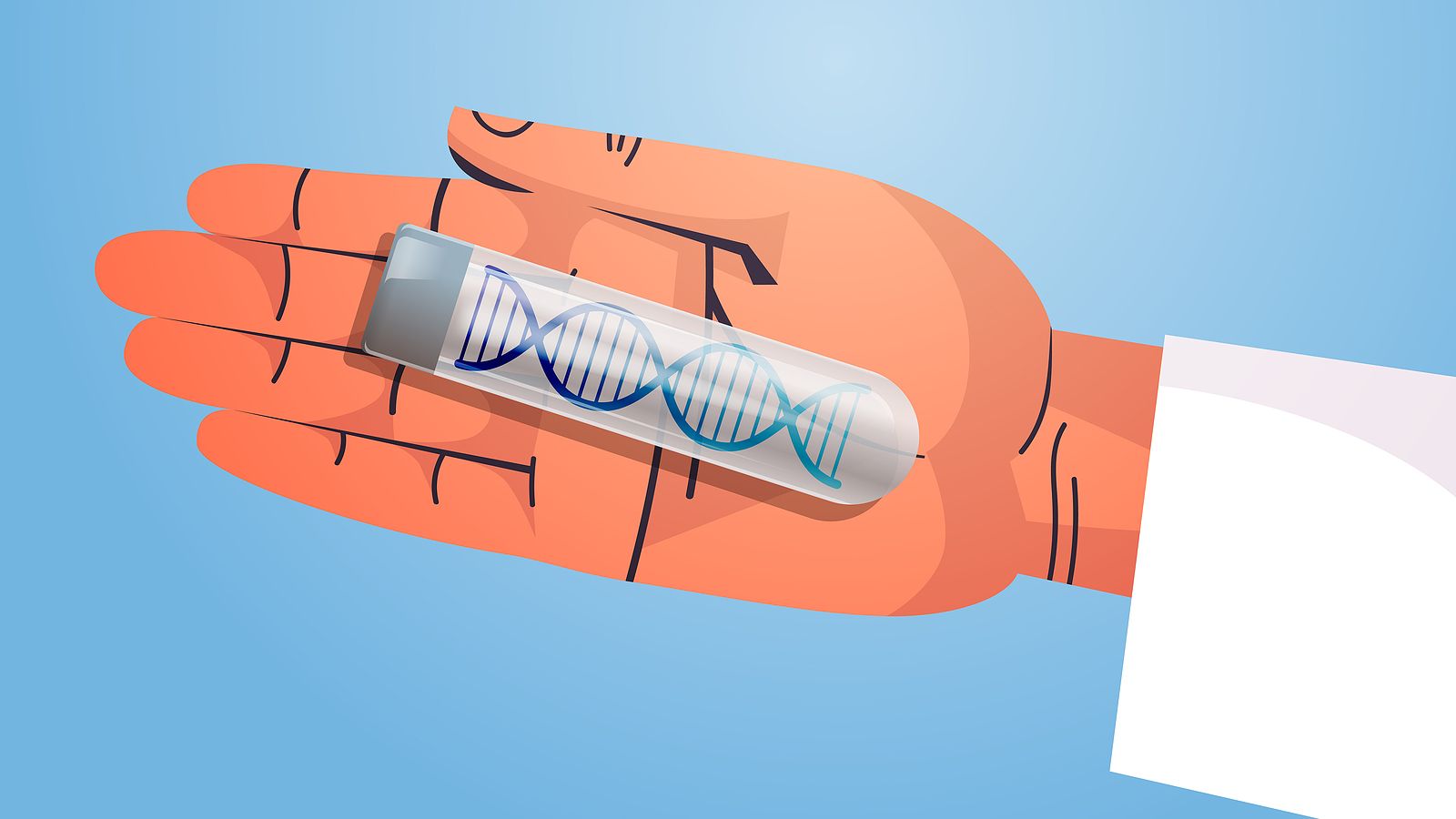
US scientists claim that they can scan the whole genome of an IVF embryo
A California company claims that it can read nearly the entire genome of an early embryo after extracting a single cell. In an article in Nature Medicine, scientists from MyOme report that they used molecular and statistical techniques to infer inherited genome sequence in 110 embryos for 12 common conditions.
According to MyOme’s website, “whole genome reconstruction” (WGR) will allow “families understand their risks for inherited diseases” – even for heart disease and cancers which develop decades after a child is born.
At the moment, the usefulness of pre-implantation genetic diagnosis (PGD – which also uses a single cell from an IVF embryo — is limited. Technicians can only see a limited number of disease-related genes. A more advanced technique combines the effects of tens or hundreds or thousands of genetic variants into a single predictor, a polygenic risk score (PRS) for a particular disease. But to make the PRS as accurate as possible, the whole genome is needed.
MyOme assembles the genome from the data provided by the single cell and from the genomes of the parents. Using powerful statistical techniques, it can map the embryo’s entire genome with an accuracy ranging from 97.2% to 99.4%, depending on the age of the embryo. It confirmed this by calculating PRS for IVF embryos and comparing the prediction with the genome of baby after it is born.
Any problems?
The wastage of human embryos for the sake of research is an obvious ethical challenge. The MyOme scientists did not discuss this in their article in Nature Medicine, as they did not handle any embryos themselves. But they did acknowledge other ethical hurdles:
- Its model of WGR will miss new variants, mutations which sometimes arise after conception.
- Its predictive power is limited to European populations.
- “The clinical utility of using PRS to reduce disease risk in preimplantation embryos remains to be proven.”
- Access to this technology will be unequal.
- Communication of the genetic risk is very difficult.
Other scientists urged that this development approached with caution. Norman Gleicher, a New York IVF specialist, was interviewed by Science magazine:
Gleicher worries about the unintended consequences of applying polygenic risk scores to embryos. “You can achieve omission of one disease but at the same time, by doing that, induce another disease.” For example, modeling suggests selecting an embryo with a high polygenic risk score for educational attainment could also increase its risk for bipolar disorder. In December 2021, the European Society of Human Genetics urged against using polygenic risk scores for embryo selection—a position firmly endorsed by Gleicher, who calls such practice “unethical.”
